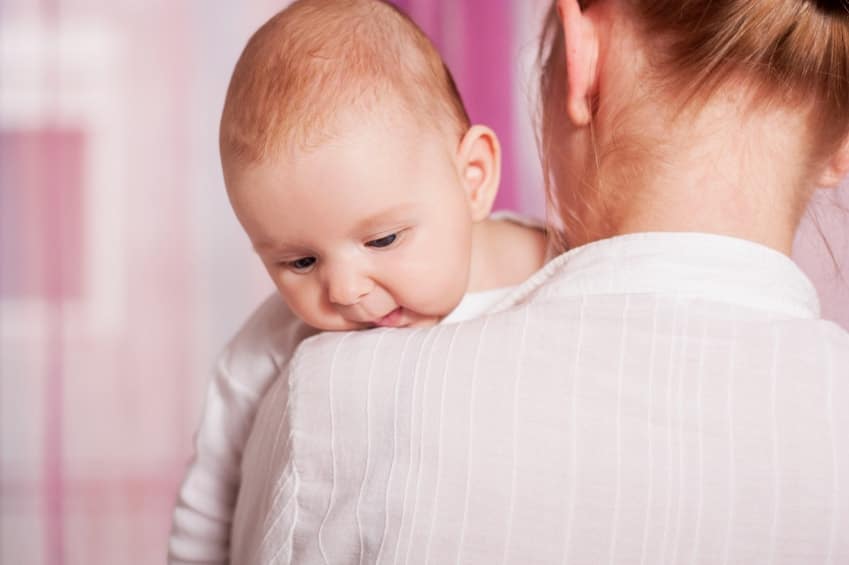Each gurgling, contented baby holds a hidden secret: a reservoir of potential projectiles. As excited new parents, we navigate the delicate dance of balancing endless cuddles with the unpredictable symphony of baby spit-up. Join us on an enlightening journey to understand the boundaries of baby spit-up, separating the normal from the concerning. Let’s decipher the cues, explore the causes, and empower ourselves with knowledge to ensure our little ones’ well-being and our own peace of mind.
– Identifying Excessive Spit-Up: Signs to Watch Out For
Signs to Watch out For:
if your baby’s spit-up is excessive, you should consult a doctor. Hear are some signs to watch out for:
Spit-up that is frequently projectile or forceful
Spit-up that is a large volume (more than a few teaspoons)
Frequent spitting up (more than a few times a day)
Spit-up that is accompanied by other symptoms, such as weight loss, poor feeding, or irritability
* spit-up that is green or bloody or has a foul smell
– Managing Occasional Spit-Up: Practical Tips for Parents
How much baby spit up is too much?
Occasional spit-up is a normal part of a baby’s development. However, if your baby is spitting up frequently or in large amounts, it could be a sign of an underlying health condition. Here are some guidelines to help you determine if your baby’s spit-up is normal:
- Frequency: most babies spit up a few times a day. If your baby is spitting up more than 5 times a day, it could be a sign of a problem.
- Amount: the amount of spit-up should be small. If your baby is spitting up more than a few ounces at a time, it could be a sign of gastroesophageal reflux (GERD).
- Consistency: Spit-up should be thin and watery.If your baby’s spit-up is thick, curdled, or bloody, it could be a sign of a problem.
- Color: Spit-up should be clear or white. If your baby’s spit-up is green, yellow, or brown, it might very well be a sign of an infection.
If you are concerned about your baby’s spit-up, talk to your doctor.
- When Spit-Up Becomes a Concern: Medical Intervention Considerations
when Spit-Up Becomes a Concern: Medical Intervention Considerations
A baby’s weak, immature digestive system can often contribute to spitting up. However,if the frequency,amount,or characteristics of your baby’s spit-up change,it may indicate an underlying medical condition. In such cases, seeking medical attention is crucial. Common warning signs include frequent, projectile vomiting, spit-up containing blood or bile, a persistent wet cough or respiratory distress, fever, or difficulty gaining weight.If you observe any of these symptoms, consult your healthcare provider promptly to rule out potential digestive issues, GERD, food allergies, pyloric stenosis, or other medical concerns. They will perform a physical examination, gather medical history, and may recommend additional tests such as stool analysis, endoscopy, or imaging studies to accurately diagnose the condition and determine the appropriate treatment plan.
– Understanding the Underlying causes of Excessive Spit-Up
Understanding the Underlying Causes of Excessive Spit-Up
Excessive spit-up, also known as gastroesophageal reflux, can be caused by various underlying factors. These may include:
- Immature digestive system: In infants, the lower esophageal sphincter (LES), which prevents stomach contents from flowing back into the esophagus, is still underdeveloped. This can lead to reflux, especially after feedings.
- Certain feeding practices: Overfeeding, using a bottle with a large nipple hole, and holding the baby upright for a short time after feedings can increase the risk of spit-up.
- Dietary sensitivities: Cow’s milk allergy or intolerance can cause digestive problems, including reflux and excessive spit-up.
- Medical conditions: Certain medical conditions, such as pyloric stenosis (narrowing of the pylorus, the opening between the stomach and small intestine) or gastrointestinal infections, can also lead to increased spit-up.
Insights and Conclusions
And there you have it – the answers to all your baby-spit-up-related burning questions! remember, every baby is unique, so don’t panic if your little one doesn’t fit perfectly into the “normal” range. Trust your instincts, keep an eye on your baby’s overall health, and don’t hesitate to consult your healthcare provider if you’re ever concerned. And now, go forth armed with this newfound knowledge and enjoy all the joys, and all the spit-up, that come with being a parent!

